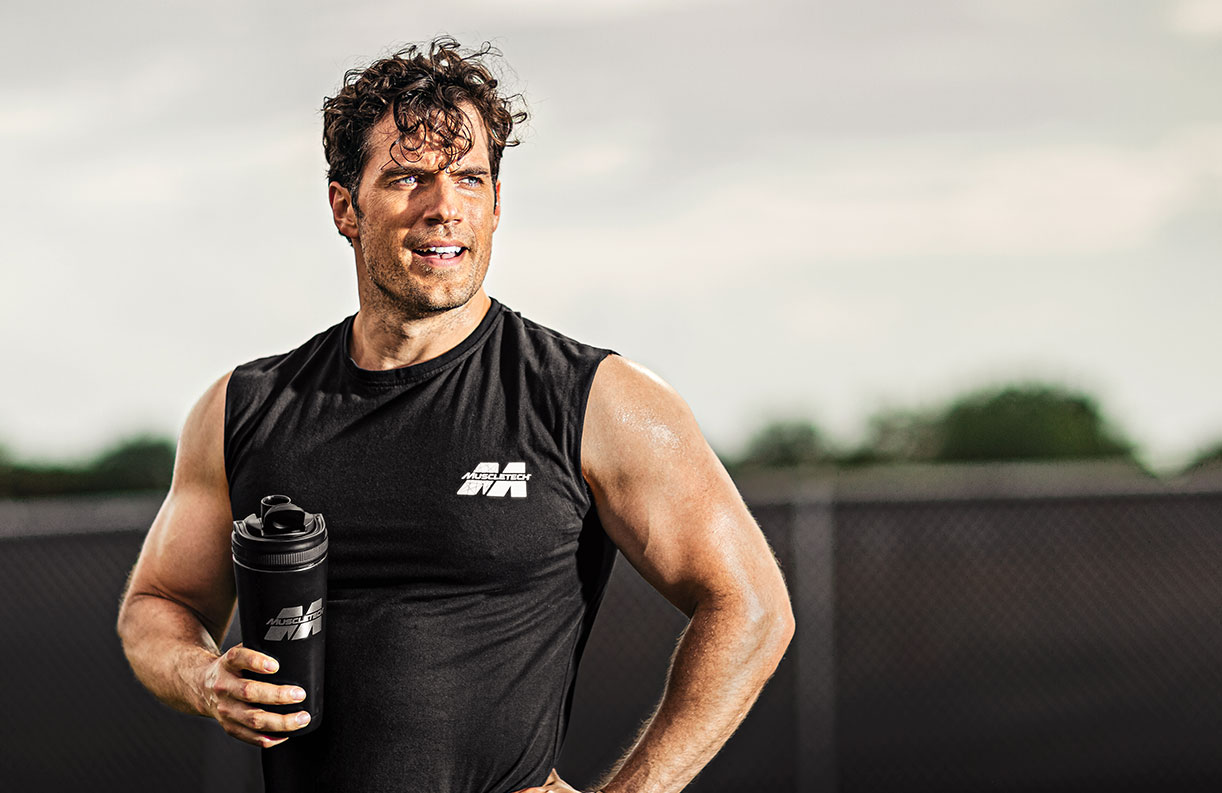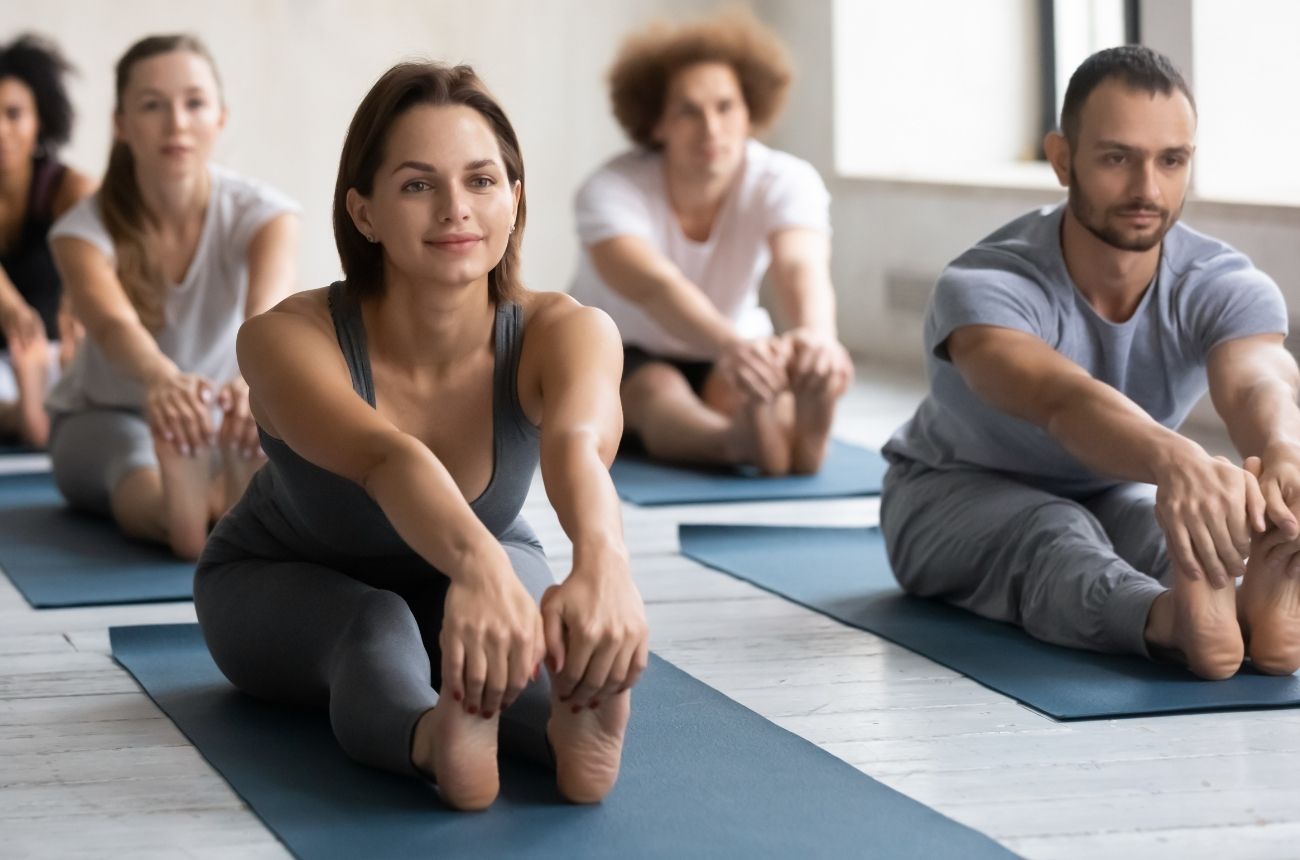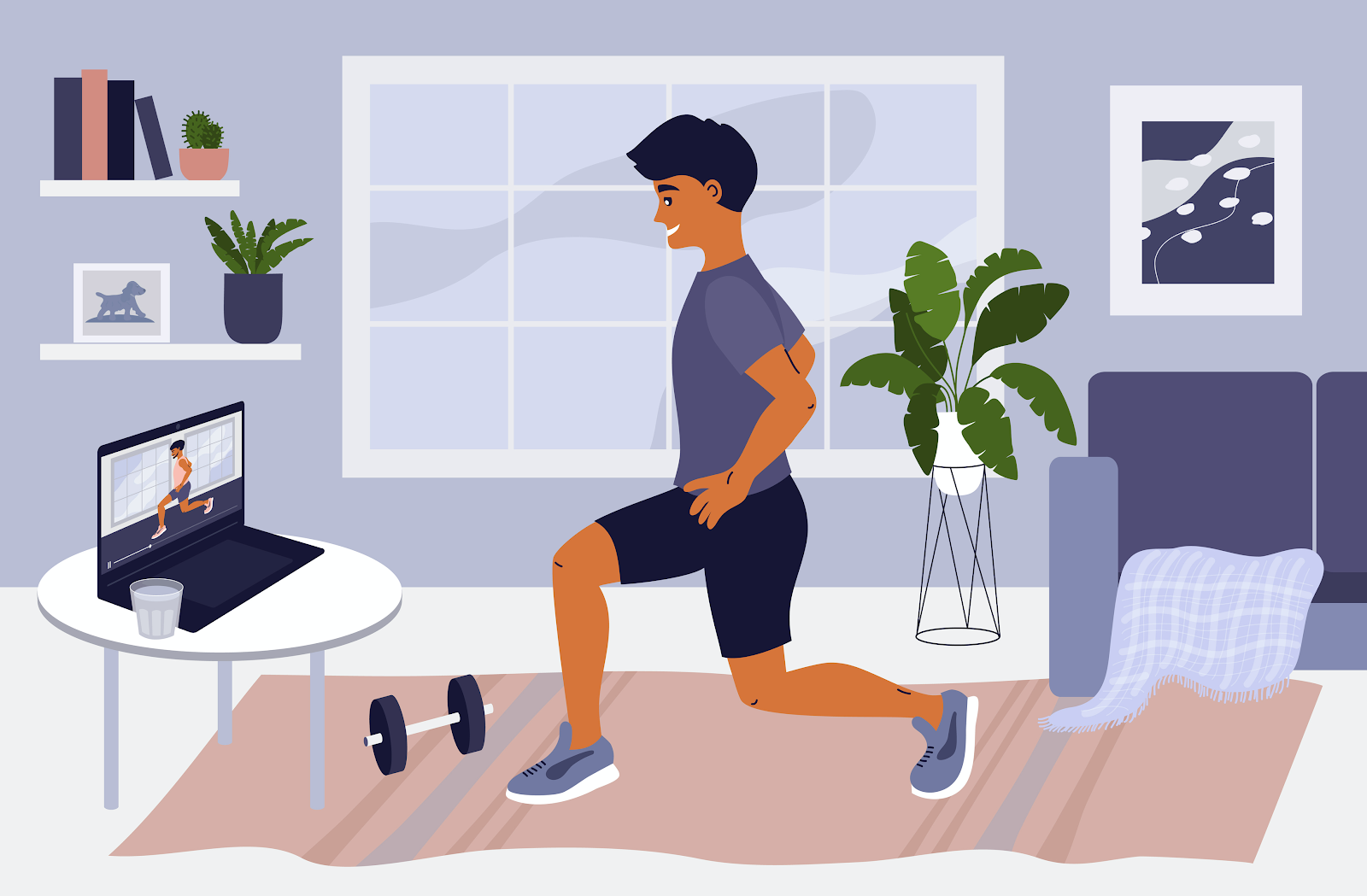
If you are thinking about a career as a Columbus, OH-based personal trainer, you might wonder what you would earn. Here's a list of the average salaries for personal trainers within the city. Additionally, consider the job opportunities for these trainers.
Average salary for a personal trainer in Columbus, OH
The average salary for a personal coach in Columbus, OH is $58,107 annually or $28 an hour. There are a wide range of salaries, from $42,070 up to $69.670. Bachelor's degrees are the most popular educational background for personal trainers. ERI's compensation surveys are used to calculate the salary for this career. From commercially available housing data, and effective income tax rate data, cost of living data can be derived.
The salary of a personal coach will vary depending on the experience and the location. A certified personal coach will earn more money than someone who does not have certification. However, a personal trainer in Columbus, OH can earn much more than someone in another city if they work in a high demand area. Trainers who work in elite gyms or performance-based fitness centers are more likely to have higher-paying clients and make more.

A certification program is required to become a Columbus personal trainer. You will also need to complete a certification program that requires you to assess client questionnaires and collect physiological data to help determine the best fitness plan for your clients.
Personal trainers in Columbus, OH have the potential to make a living.
Personal trainers assist clients in improving their fitness levels. While some personal trainers work with professional athletes, others are more focused on non-athletes. They design exercise programs and make sure that equipment is properly used. They also build rapport with clients and provide fitness evaluations. There are many opportunities to earn as a Columbus personal trainee.
Columbus is a major metropolitan area, home to more than 800k residents. Although there aren't as many opportunities for personal trainers in large cities, they do have many positions that are more lucrative than the average salary. Ohio personal trainer salaries average $58,125 annually, which is lower than the national median of $61,800.
Those interested in working as personal trainers in Columbus should pursue post-secondary education. Many employers only hire certified personal training professionals. Furthermore, individuals who hold certifications from national certification agencies have a higher chance of getting a job.

There are many career opportunities as a personal coach
There are many career options for personal trainers in Columbus. You can work as a personal trainer in a gym on your own or consult with other fitness professionals. You can also decide to specialize in niche building or marketing. These can be done remotely using messaging apps and live video streams.
A relevant college degree is the preferred qualification for personal trainers. It provides theoretical knowledge and a solid foundation for health and fitness promotion. These programs are offered at many universities and colleges. It is also possible to take online courses, if you have a busy schedule. Each personal training company has its own requirements so make sure to check.
Dean will pursue a master's degree in the same field after earning his Bachelor of Science from Ohio University in Physical Activity & Sport Coaching. He is passionately interested in working with fitness fans and enjoys teaching clients about good nutrition and body composition. The American Council on Exercise has certified him as a personal trainer.
FAQ
Which is more important: Exercise, diet, or sleep?
The answer depends on what you want to achieve. It is important to lose weight. To build muscle mass, exercise is crucial. Sleep is not as important as it seems, since it has no effect on how you perform throughout the day.
What is Nutrition Good for?
Your body functions properly when you have the right nutrition. You can ensure adequate nutrition by eating a balanced diet rich in fruits and vegetables, lean meats, whole grains, and healthy oils.
Do I need warmth before I exercise?
Warming up before an activity reduces muscle soreness and improves performance. There are several ways to warm up. These include running, jumping ropes stretching, running and even cycling. You should start slow and gradually increase your speed and intensity.
Statistics
- Globally, 81% of adolescents aged 11-17 years were insufficiently physically active in 2016. (who.int)
- An estimated 110,000 deaths per year could be prevented (cdc.gov)
- One study showed that adults who watch more than 4 hours of television daily had an 80% higher risk of death from cardiovascular disease. (heart.org)
- Adolescent girls were less active than adolescent boys, with 85% vs. 78% not meeting WHO recommendations of at least 60 minutes of moderate to vigorous intensity physical activity per day. (who.int)
External Links
How To
How to Lose Belly Fats More Fast
Belly Fat is often thought of as a problem when trying to lose fat. If you look at it, belly fat is actually a positive thing. Your organs are protected from being damaged by excess belly fat. Let's find out how to lose belly fat quickly.
The main factors that contribute to our body fat accumulation are stress and inactivity. Cortisol hormone is stimulated by stress, which causes us to feel constantly hungry. Cortisol raises insulin levels. The excess calories stored as fat are then stored by insulin. Lack of sleep causes the release of adrenaline into our system, leading to increased appetite. These extra calories are broken down through exercise.
There are many options to reduce belly weight. You can choose to try any of these options, depending on your budget. These tips will help you quickly get rid of belly fat.
-
Try to eat less food. Instead of eating three large meals a day, eat smaller meals. This way, you'll consume fewer calories overall.
-
Drink plenty of fluids. Water flushes out toxins in your body and helps you stay hydrated. Also, drinking water before every meal will keep you feeling full longer so you won't overeat.
-
Avoid unhealthy snacks. If you're looking for quick fixes, snack foods like chips, cookies, candies, etc. This might be tempting. Avoid these unhealthy treats. They are full of empty calories, too much sugar, and can be very fattening. Instead, choose healthy alternatives like fruits, veggies, nuts, seeds, and whole grains.
-
Strength training should be done at least three times per week. Strength training helps build muscle mass, which means that you can burn more calories even when you are resting. It strengthens bones and muscles, ligaments, muscles, tendons, heart, lungs, as well as joints.
-
Walking or stretching is a good habit to do regularly. Stretching improves flexibility and mobility which can reduce back pain. Walking is great for burning calories, especially brisk walking for 30 minutes.
-
Reduce alcohol intake. Avoid alcohol.
-
You can lose weight slowly. Finding out your current weight is the first step in losing weight. Add 5%-10% of your total bodyweight to calculate your ideal size. Once you have reached your target weight, begin decreasing your daily calories intake by 500-1 000 calories until you reach your goal.
-
Avoid processed foods. These foods contain high levels of sugar, salt, and preservatives. Although they are convenient, processed foods don't have enough nutrients to sustain your health.
-
Don't skip breakfast! Breakfast is good for your concentration, memory, and energy. Protein (like eggs), fiber and complex carbohydrates (like oatmeal) should be included in breakfast.
-
Have regular bowel movements. Constipation and irregularity can cause gas and bloating. You can prevent this by drinking lots of water and increasing your fiber intake.